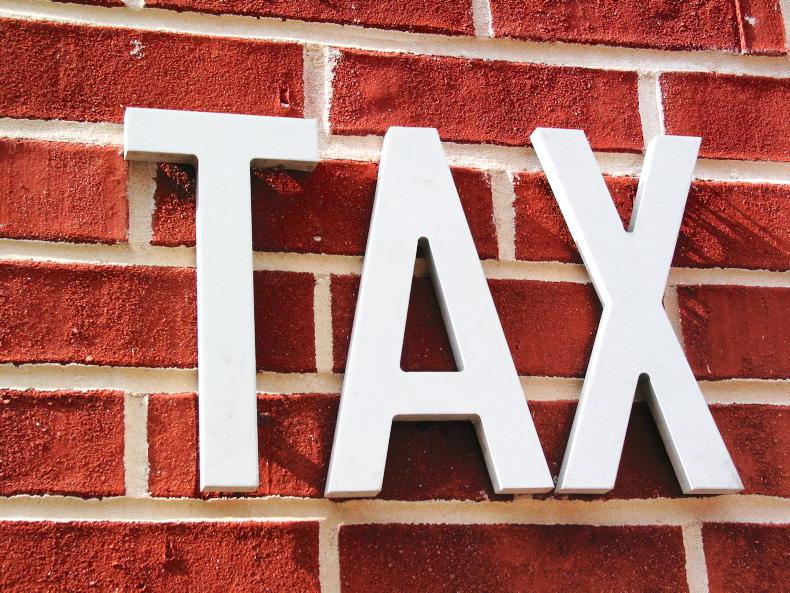MANY Irish racecourses could be in line for a windfall tax refund following a significant High Court judgement this week.
Listowel Racecourse is expected to receive a refund of approximately €100,000 after winning its long-running case against a Revenue decision to refuse to grant it exemption from certain corporation or income tax as a sporting body.
The 1997 Taxes Consolidation Act states that the exemption can be granted in relation to certain income of any approved sporting body, which Revenue is satisfied exists for the sole purpose of promoting athletic or amateur games or sports.
In 2012 Listowel first applied for the exemption. Half of its cash receipts came from Horse Racing Ireland, but all of its income went to the upkeep of the track and the directors were not paid a salary.
Revenue did not accept that Listowel Races was established for the sole purpose of promoting an athletic or amateur game or sport. The tax collector took the view that the track’s income was not applied solely for promoting those activities and also that it was Horse Racing Ireland rather than Listowel who carried out and controlled every element of racing at Listowel. The Tax Appeal Commissioner upheld that view, stating that horseracing was an elite activity, more like an industry than a sport.
However, Ms Justice Marie Baker ruled this week that horseracing is an “athletic” sport.
She said the sporting exemption provision of the Taxes Consolidation Act was not confined to amateur sports only, to the exclusion of professional sports. The exemption dates back to the foundation of the state and was intended to help national games grow, such as gaelic football and hurling. In 1963 the exemption was extended to cover other amateur sports.
She did not accept the argument made by Revenue that horse racing, that is riding horses at speed in competition, is not an athletic activity if by that description it is intended to exclude from the definition a sport which is played professionally.
Revenue had contended horse racing is an activity that involves the breeding and training of horses. Judge Baker said it was wrong to say that racing is the activity of breeding and training horses for competition. The breeding and training of the horses is ancillary to the activity of riding those horses at competitive speed, she said.
That approach to interpretation, she said, failed to have regard to the fact horse riding is a sport or physical activity engaged in by hundreds, if not thousands, of people in the country, young and old. She said it was difficult to understand how the Tax Appeal Commissioner came to his view that horse racing was not a sport “when dressage, show jumping, polo, horse hunting and horse trials are all treated as sports” for the purposes of the exemption.
She also did not accept the argument of Revenue that an athletic sport must be understood as one where the player has no prop or equipment. That definition “immediately excludes cycling which suggests an absurdity”.


 This is a subscriber-only article
This is a subscriber-only article
 It looks like you're browsing in private mode
It looks like you're browsing in private mode










SHARING OPTIONS: